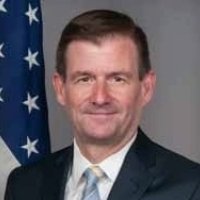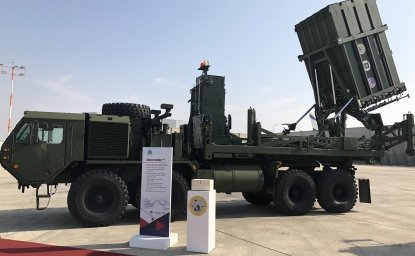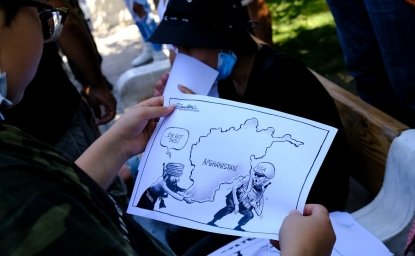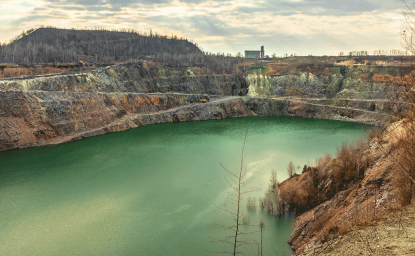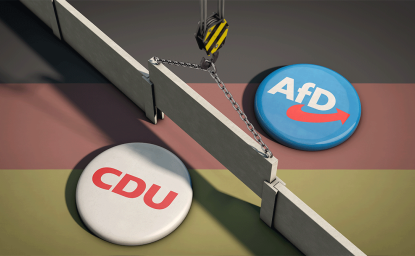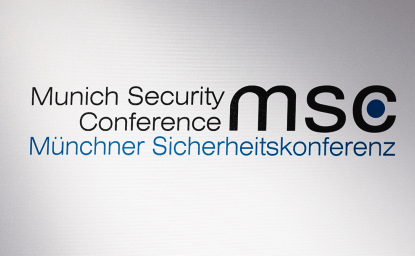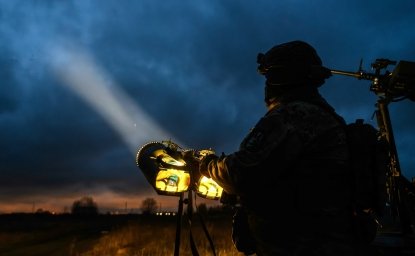Well, this is one in a series of audacious moves by the Israeli military and political authorities against Hezbollah. We've never seen Hezbollah on its back foot to this degree. They generally have maintained the control over the momentum and the pace of attacks with Israel.
And now it's the opposite. We've seen first, of course, in this latest chapter, the attacks on their leader, military leaders. We've then seen the attacks using the pagers, then the walkie talkies, then something like a dozen of their most senior core commanders going right from the beginning of the foundation of this movement of terrorists.
And now, most recently, this attack on the actual core, set of buildings, from which, Nasrallah so far has not emerged. The fact that there has been silence for so long speaks volumes.
If it turns out Nasrallah is, in fact, dead, the consequences are monumental. I mean, this is the most successful terrorist organization in in our lifetime. This is a major asset for the Iranian regime in the Levant. It is a major player inside Lebanon today, and it is the major adversary in the immediate environs of Israel.
And it's a group that has had blood on its hands, including American blood. And others going back decades.
Of course, Hezbollah is going to react. But their capacity to do so is severely impeded by the relentlessness of the attack on the command and control elements of Hezbollah.
So it's unclear exactly what they're going to do. But there will also be an outpouring of grief and anger on the part of their followers. They dominate the Shia community in Lebanon. So we're going to go through, I think, several spheres of the immediate outcome of this. One is going to be what happens inside Lebanon in terms of retribution and the expression of anger and frustration by the adherence of Hezbollah toward other Lebanese and, of course, other embassies like our own.
And then secondly, what, if anything, are they going to do against Israel at this stage with the backing of Iran? But for now, the Israelis have definitely scored a major, a major stride in the war against terrorists.
Well, I suspect the Israelis, will continue to do all that they have in their playbook of an irregular nature. We've seen this before, but never on the scale to really, really shake up the Hezbollah command and control structure. But I think they pretty much accomplished that. And that, of course, makes it unlikely that Hezbollah is really going to be able to do anything meaningful, at least in the very short term.
